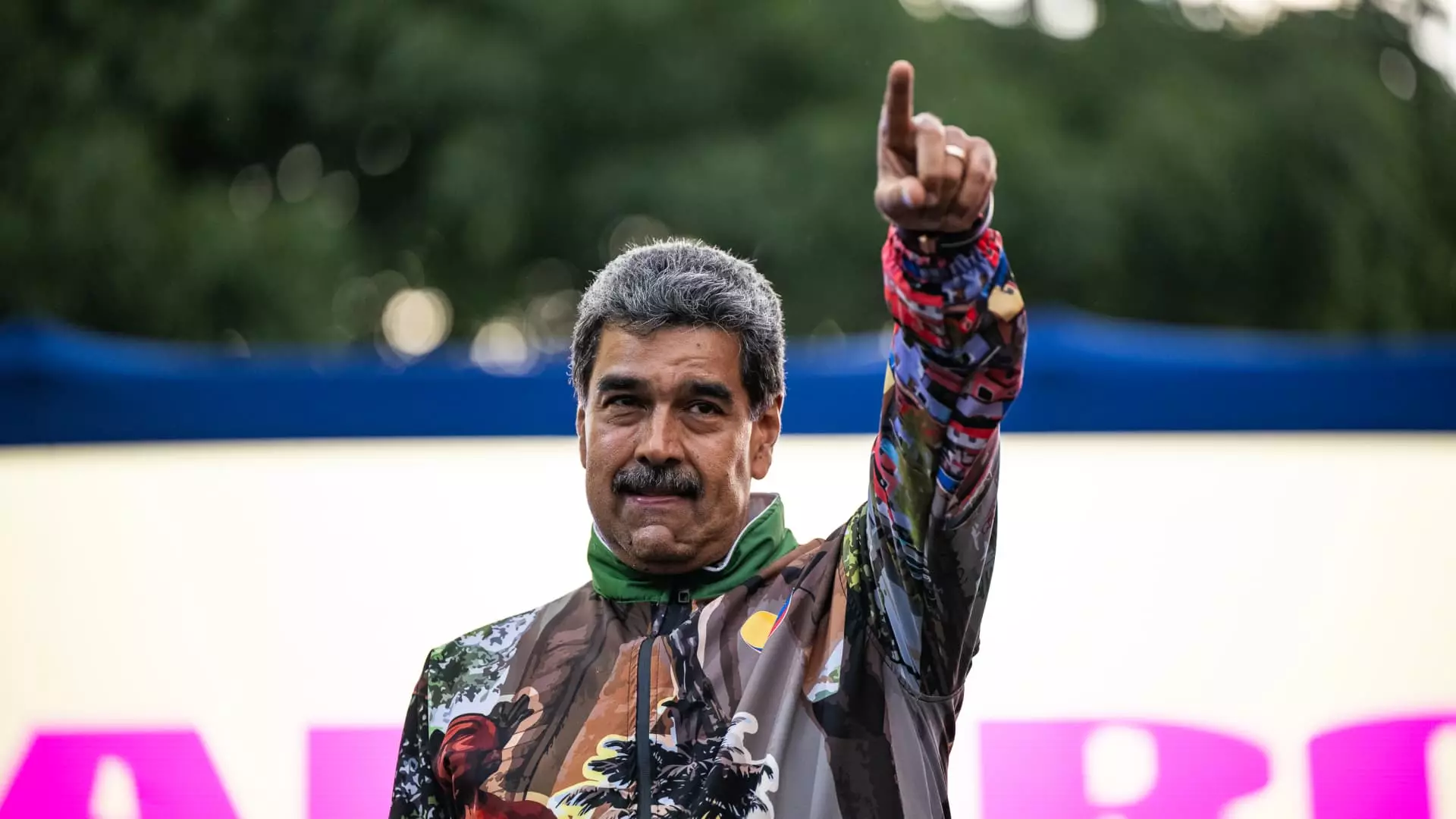Venezuelan President Nicolas Maduro is seeking his third term in office in an election that is being hailed as the most open contest in over a decade. The election is viewed as a potential turning point for Venezuela, provided that Maduro is willing to step down if he is defeated. The opposition candidate, Edmundo González Urrutia, has emerged as a strong contender against Maduro, with some polls indicating a preference for him. The Democratic Unitary Platform has put its weight behind González after other prominent candidates were disqualified.
Maduro’s United Socialist Party of Venezuela (PSUV) has been in power since 2013, and the 2018 election victory was marred by allegations of unfairness due to the banning of major opposition parties. Maduro and his allies have raised concerns about post-election violence, with references to the potential for a civil war if the opposition wins. This has sparked alarm within the international community, with calls for a peaceful resolution regardless of the outcome.
The White House and Brazil’s President have both expressed concern about the threat of violence in Venezuela’s election and called on Maduro to respect the results. The U.S. is closely monitoring the situation and has warned Maduro against any attempts to rig the election. Brazil’s President emphasized the importance of accepting defeat gracefully, highlighting the need for a peaceful transition of power.
Analysts believe that the opposition is likely to declare victory based on their own exit polls, leading to a period of heightened political tension. However, they do not expect Maduro to be overthrown due to his firm control over key institutions in the country. There are expectations of mass protests and increased violence in the coming months, potentially leading to a transition of power if Maduro accepts defeat. Venezuela’s economic crisis, fueled by political instability and rampant inflation, has led to a massive exodus of people seeking better prospects abroad.
Venezuela, with its vast oil reserves, has seen its economy shrink significantly over the past decade. The country has been plagued by political and socioeconomic issues, including violence, gang warfare, and shortages of essential goods and services. The government has blamed international sanctions for the economic collapse, although analysts argue that the downward spiral began long before the sanctions were imposed. The migrant crisis in Venezuela has become a major concern, with millions of people leaving the country in search of safety and stability.
The international community, particularly the U.S., has been closely monitoring the situation in Venezuela and has called for a peaceful resolution to the crisis. There are hopes for a pragmatic solution to the political polarization and economic turmoil in the country. The Biden administration’s approach, focused on restoring competitive politics and gradually lifting sanctions, aligns with the need for stability in Venezuela. As long as violence is avoided, there is optimism for a positive outcome in the country’s future.
The Venezuelan presidential election represents a critical juncture for the country’s future. The outcome of the election will have far-reaching implications for Venezuela and its people. It is crucial for all parties involved to prioritize peaceful dialogue and respect the democratic process for the sake of stability and progress in the country.

Leave a Reply